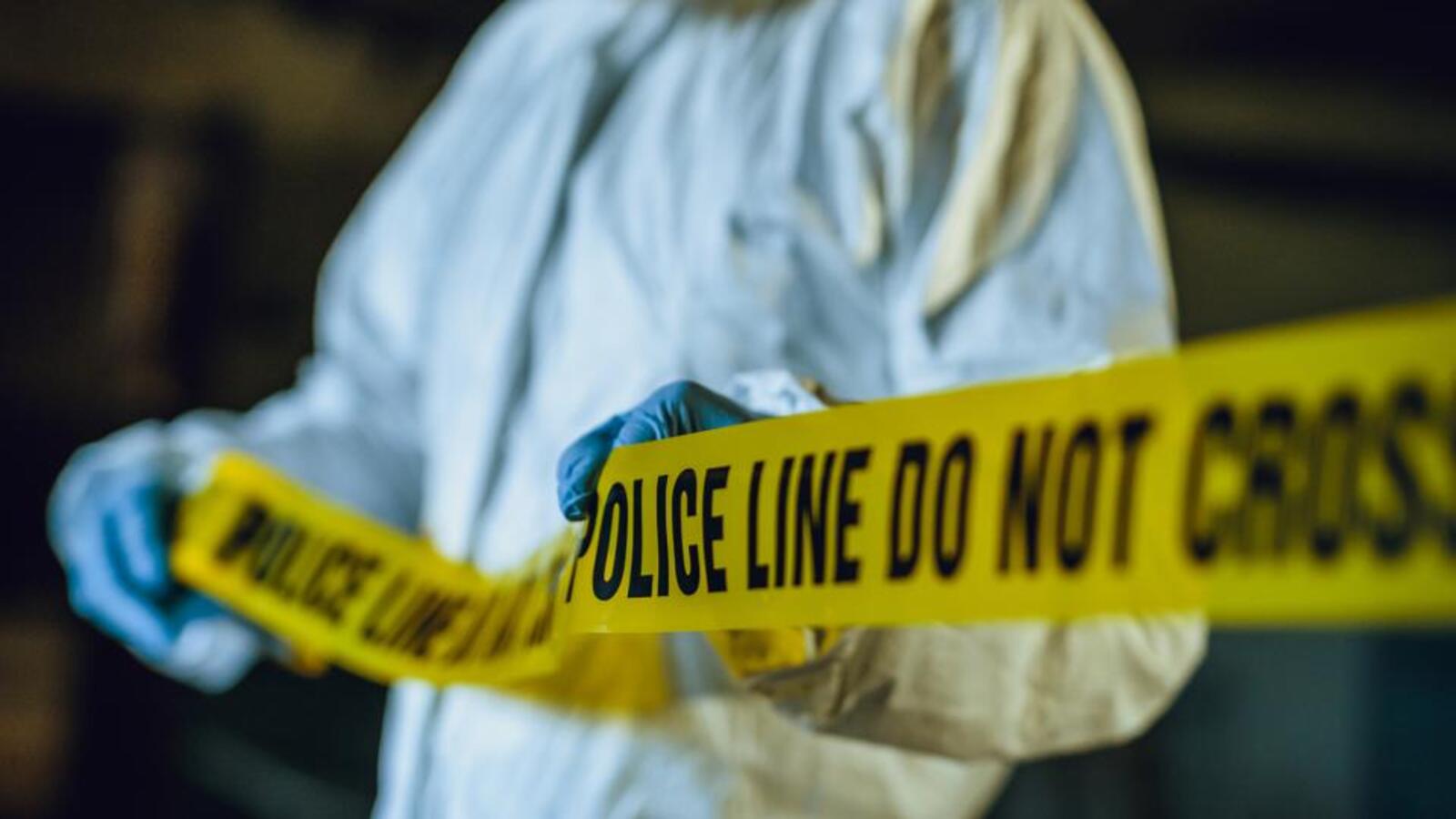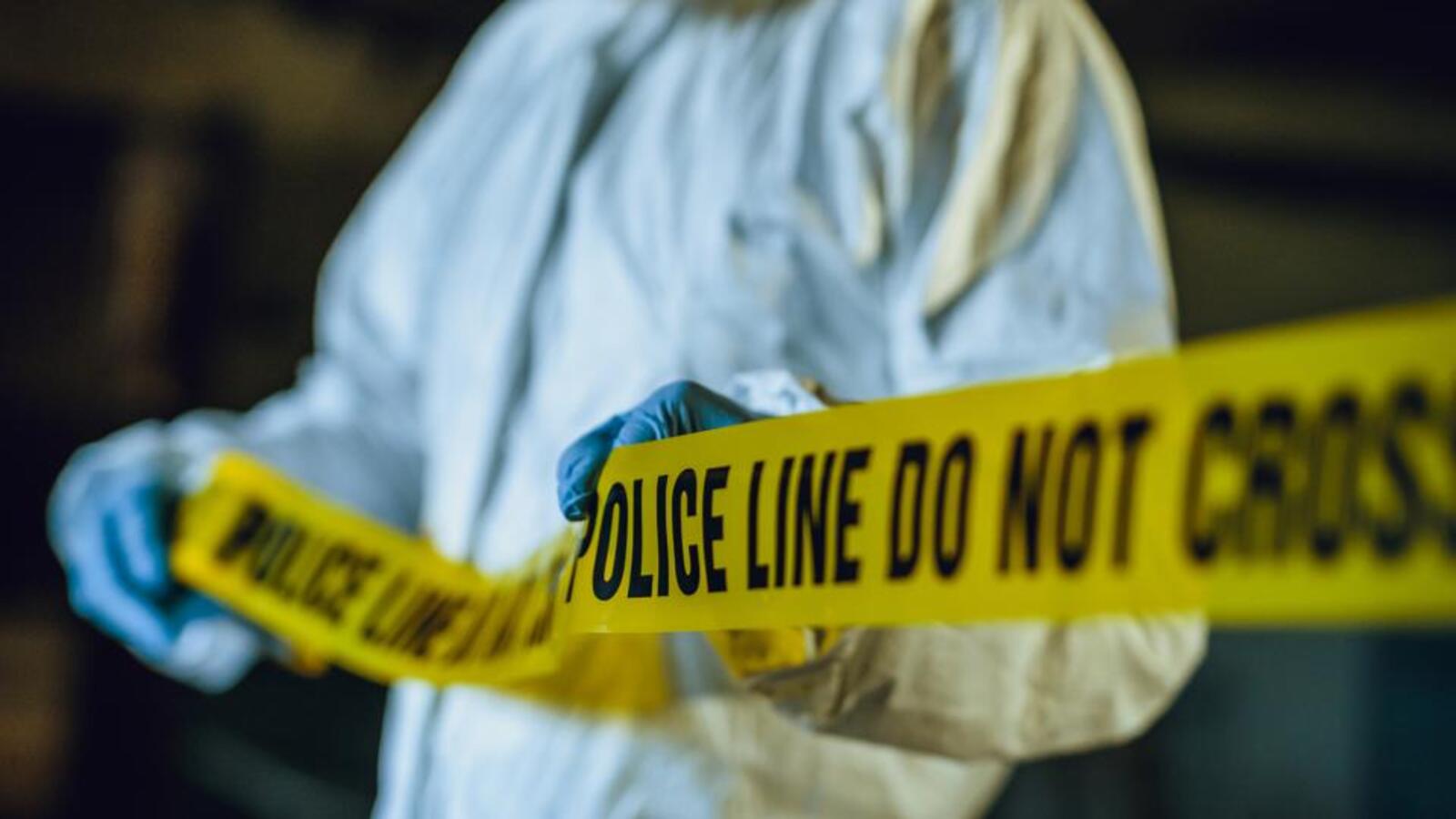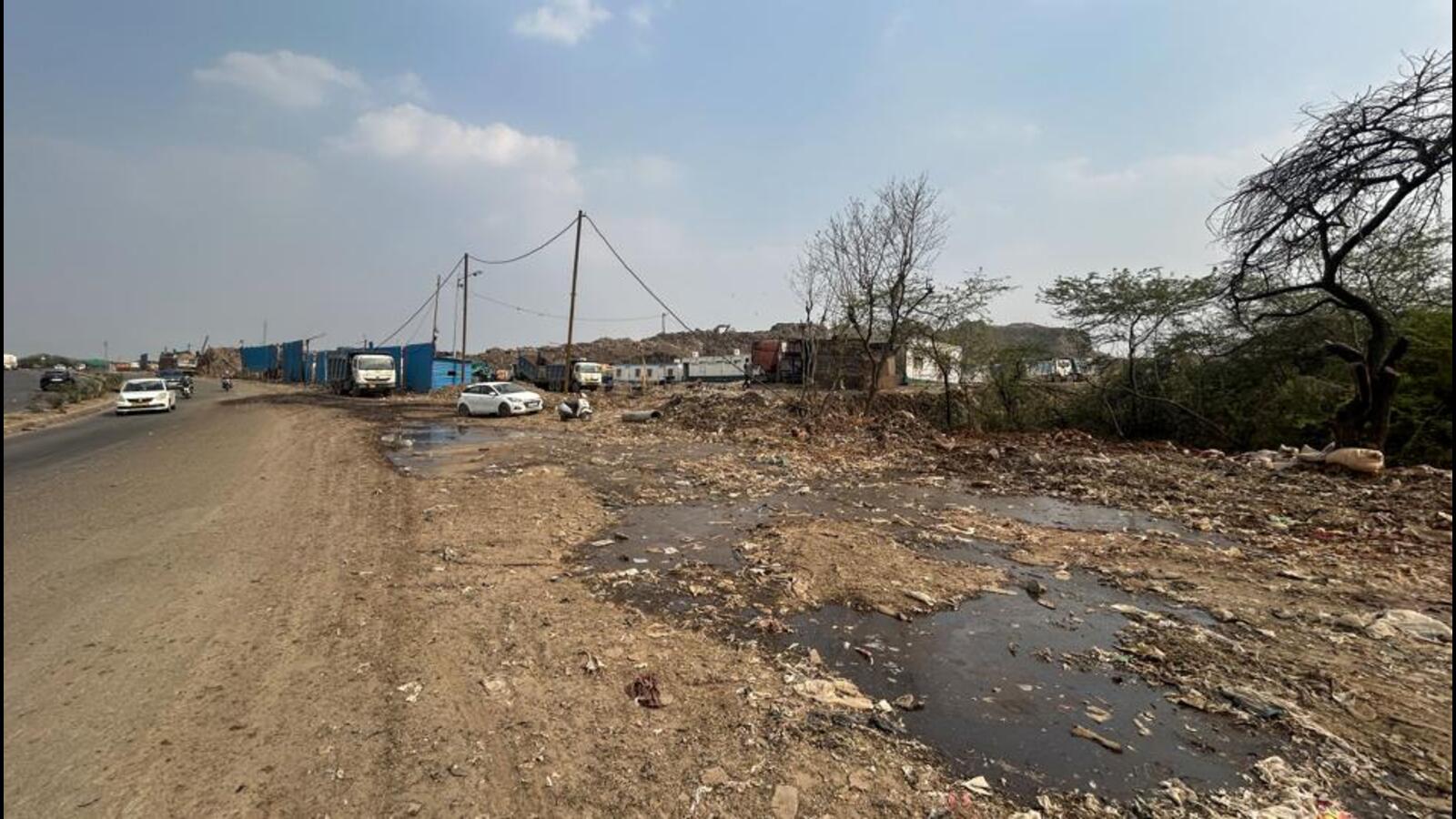Over 20,000 forensic reports in serious criminal cases are pending at Delhi’s Forensic Science Laboratory (FSL) in Rohini, stalling investigations and delaying justice for thousands of victims and accused individuals. This backlog has become a critical concern for law enforcement and judicial agencies, threatening the integrity and pace of the criminal justice system in the Capital.

In November 2022, the Union home ministry made it mandatory to include forensic analysis in all cases where the prescribed punishment is over six years. Yet, more than a year later, the Delhi Police continues to grapple with a mounting queue of unresolved forensic reports — with trials stuck, chargesheets incomplete, and families waiting for closure.
According to Delhi government data, FSL is facing a staggering backlog in its four key divisions — cyber forensics, chemistry, ballistics, and biology (DNA). The cyber forensics unit has the highest pendency with over 7,000 cases. The chemistry division has over 5,000, ballistics around 4,600, and the biology division approximately 4,000 cases awaiting analysis. Despite attempts to improve disposal rates, the gap between incoming and completed cases continues to widen.
“The delay in forensic reports is one of the biggest roadblocks in ensuring timely justice,” said Sanjay Kumar Sain, additional commissioner of police (crime). “Without forensic evidence, court cases often stretch for years. Victims and their families are forced to endure prolonged uncertainty, and the accused remain in limbo — either out on bail or languishing in jail.”
He added that delays not only prolong emotional trauma but may also damage the evidentiary value of biological samples like blood, saliva, or hair, which degrade over time. “This raises the risk of inaccurate results or even the complete loss of crucial evidence,” Sain said.
FSL officials cite a combination of factors behind the backlog — the primary one being a severe manpower shortage.
A senior FSL official, requesting anonymity, said the lab receives roughly 2,000 new cases each month, far exceeding its capacity. “Our disposal rate has improved slightly over the past couple of years, but it’s nowhere near enough. The demand is simply too high for our current resources.”
The cyber forensics division is particularly overwhelmed. “With a sharp rise in digital crime, we’re seeing more cases involving call detail records, hard drives, mobile phones, and surveillance videos. These require expertise and significant time. We don’t yet have the manpower or infrastructure to handle this surge,” the official said.
The backlog has also been exacerbated by poor coordination.
“A large number of cases are delayed because of missing documents or incomplete evidence submissions from investigating officers,” the official added. “Sometimes, the evidence arrives late, or in poor condition, making it harder for us to do our job effectively.”
FSL director Deepa Verma said modern forensic procedures — particularly DNA and digital analysis — involve lengthy, methodical work. “Every step, from collecting samples at crime scenes to analysing them and preparing detailed reports, follows standard protocols. That takes time,” she said.
She acknowledged the staffing crunch and said that some cases — especially high-profile or sensitive ones — are prioritised. “Our officials are stretched thin. They not only work in the lab but also assist with crime scene examinations. This adds to the delay in regular cases,” Verma said.
Legal experts argue that systemic reform is urgently needed.
“Forensics plays a central role in modern criminal trials, especially in cases hinging on biological or digital evidence,” said Amarendra Choudhary, an advocate at Delhi high court. “When reports are delayed, the entire trial process suffers — from evidence framing to witness testimonies. In some cases, it may even lead to acquittals.”
Choudhary suggested outsourcing forensic testing to accredited private labs as a short-term fix. “This would ease the burden on FSL and allow faster turnaround in routine cases. Simultaneously, the government must invest in infrastructure, hire more experts, and provide better training for both police and lab personnel to handle evolving crime patterns.”
He warned that without urgent intervention, the justice system would continue to falter. “Justice delayed is justice denied — not just for the victims, but also for the accused,” he said.












Leave a Reply